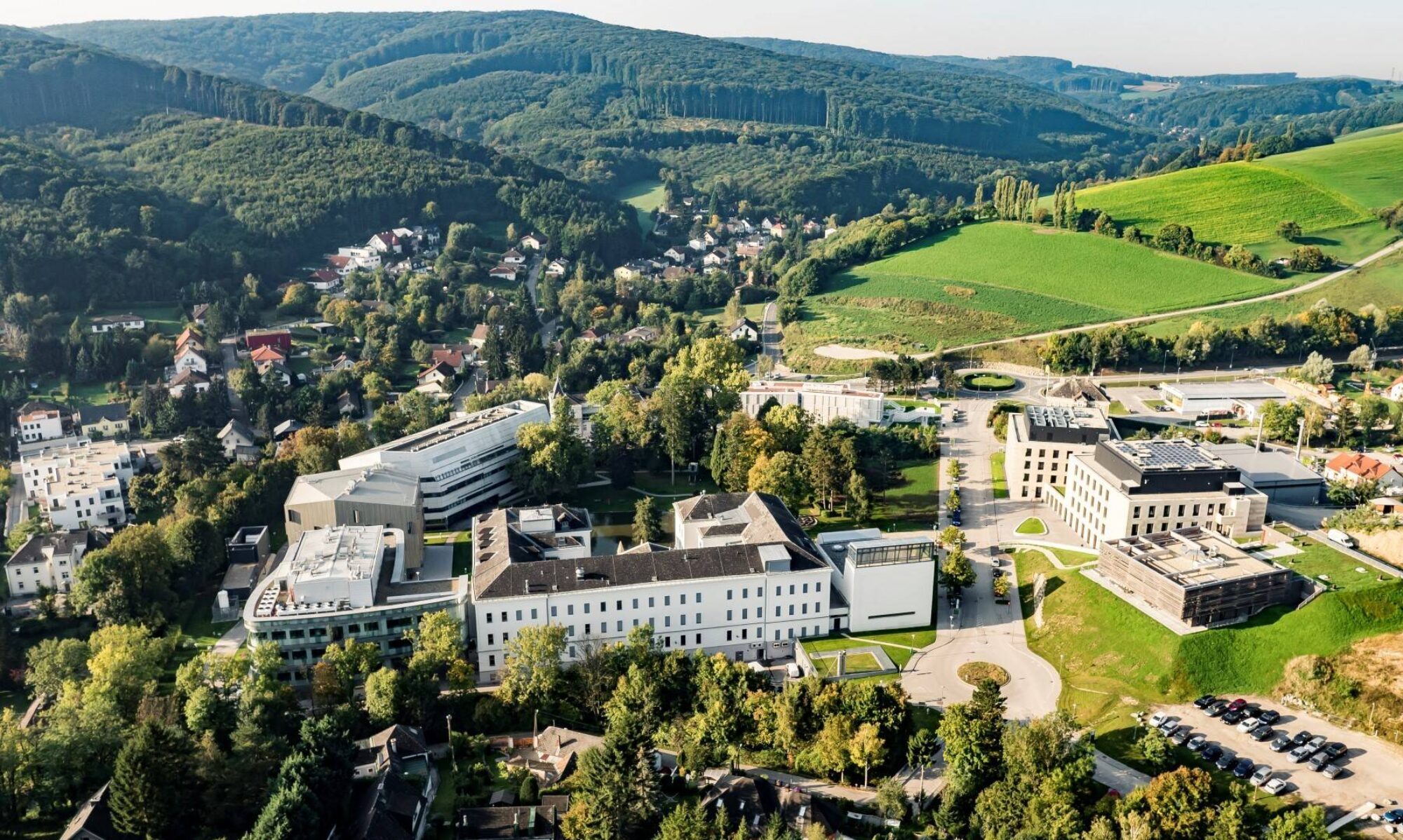Speaker. Eva Miranda
Date. 24.03.23 at 2:00 pm
Abstract. Is hydrodynamics capable of performing computations? (Moore 1991). Can a mechanical system (including a fluid flow) simulate a universal Turing machine? (Tao, 2016).
Etnyre and Ghrist unveiled a mirror between contact geometry and fluid dynamics reflecting Reeb vector fields as Beltrami vector fields. With the aid of this mirror, we can answer the questions raised by Moore and Tao by combining techniques developed by Alan Turing with modern Geometry (contact geometry) to construct a “Fluid computer” in dimension 3 ([1]) (a different construction for Euclidean metric is given in [2]). This construction shows, in particular, the existence of undecidable fluid paths.
The contact mirror has enabled the use of advanced geometric techniques, such as the h-principle, in fluid dynamics, opening up new avenues for exploring fluid dynamics.
I will also explain an application of this mirror and the h-principle to prove that Euler flows can be seen as universal models for dynamical systems ([3]). The study of these universality features was suggested by Tao as a novel way to address the problem of global existence for Euler and Navier-Stokes equations. Tao’s suggestion to use Turing complete Euler’s flows as initial data for the Navier-Stokes equations did not yield a blow-up construction (see [1]). Could a more general “Fluid computer” be used to address this Millennium prize problem? Time permitting, we will end up the talk with some speculative ideas of a Fluid computer construction à la Feynman.
[1] R. Cardona, E. Miranda, D. Peralta-Salas and F. Presas, Constructing Turing complete Euler flows in dimension 3. Proc. Natl. Acad. Sci. USA 118 (2021), no. 19, Paper No. e2026818118, 9 pp.
[2] R. Cardona, E. Miranda, and D. Peralta-Salas, Computability and Beltrami fields in Euclidean space. J. Math. Pures Appl. (9) 169 (2023), 50–81.
[3] R. Cardona, E. Miranda, D. Peralta-Salas and F. Presas, Universality of Euler flows and flexibility of Reeb embeddings, arXiv preprint, arXiv:1911.01963, 2019.

A seminar in Dynamics at IST Austria